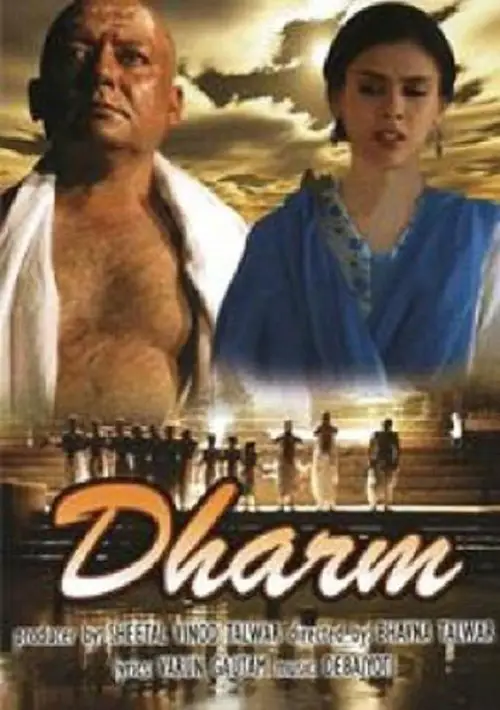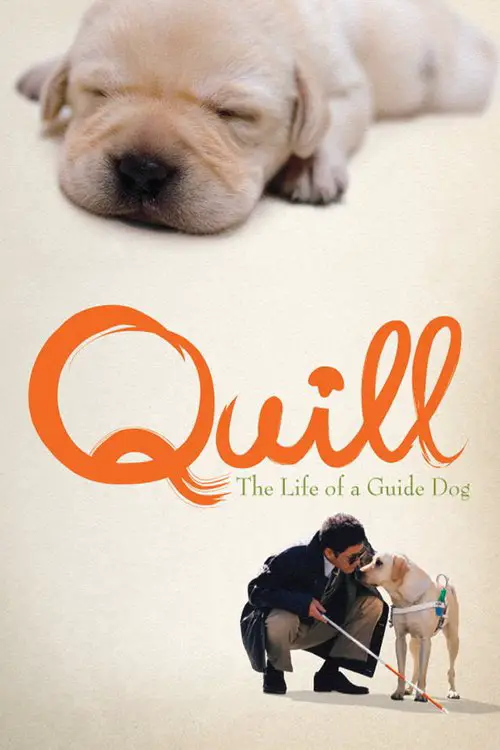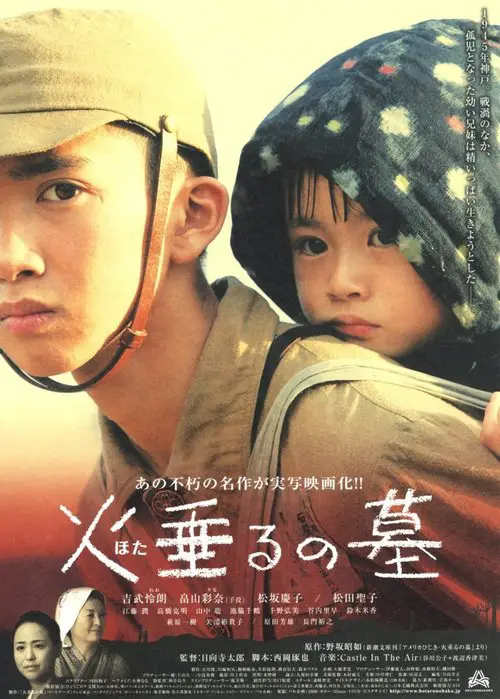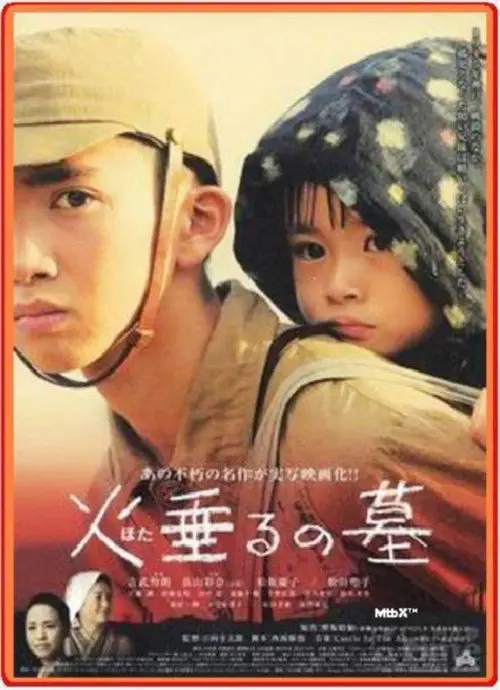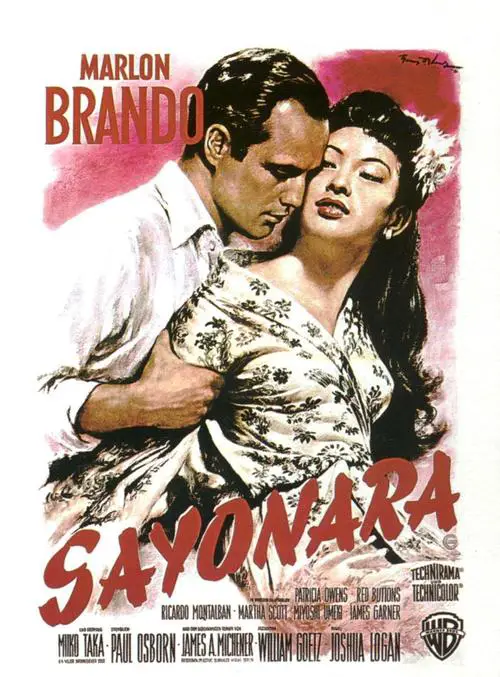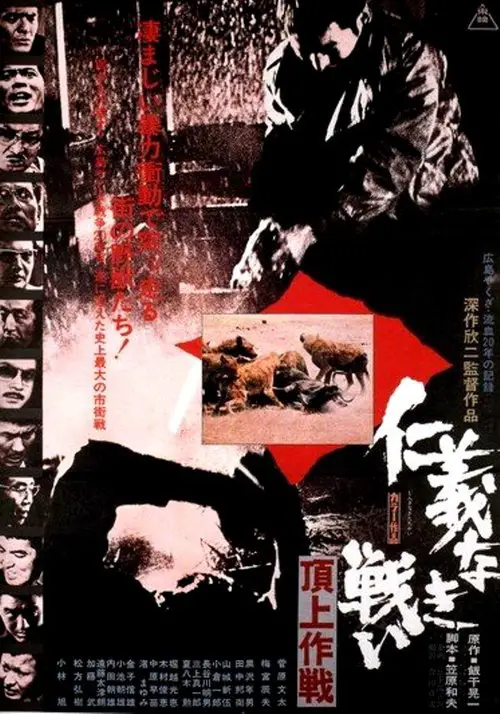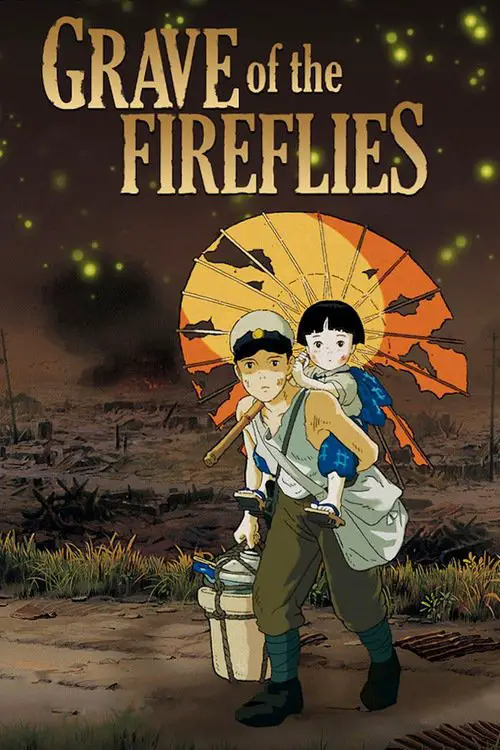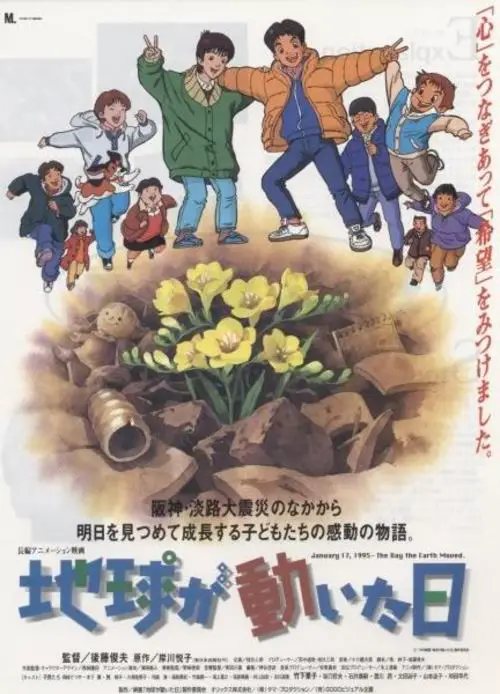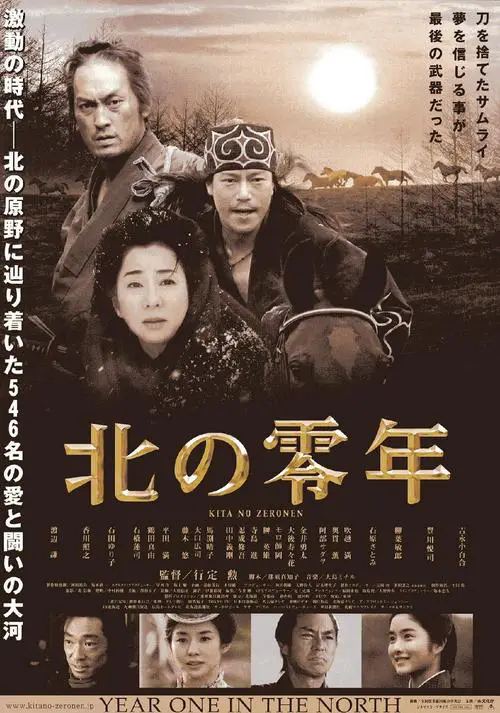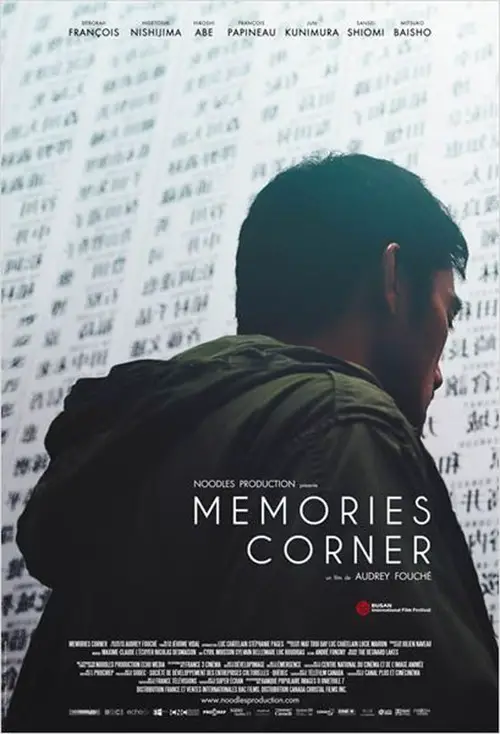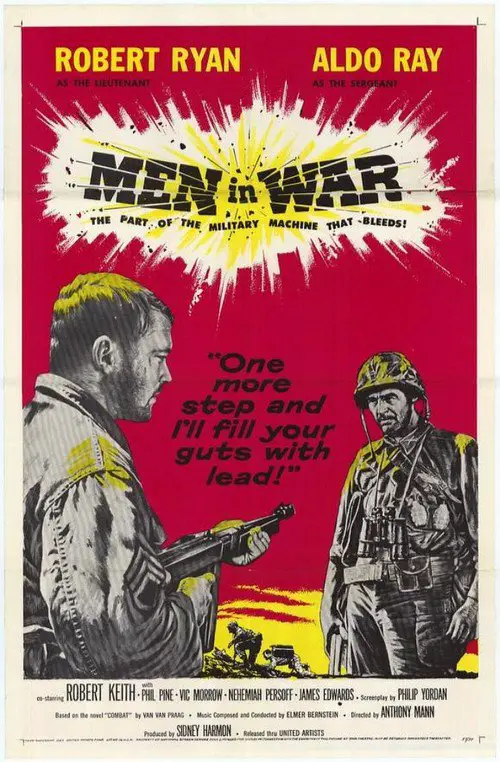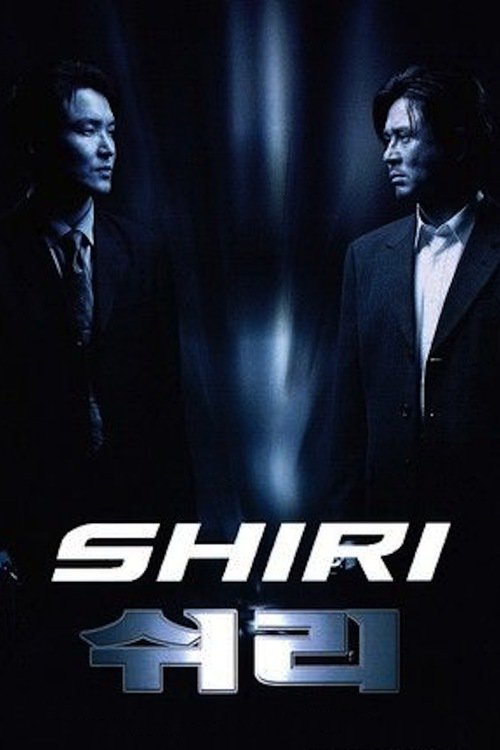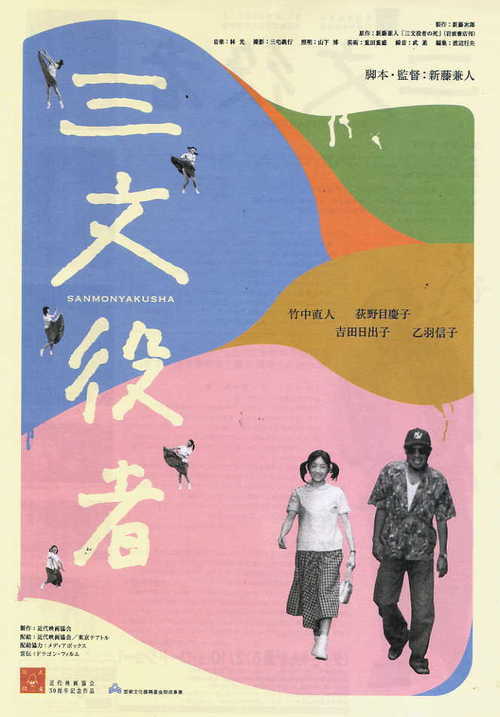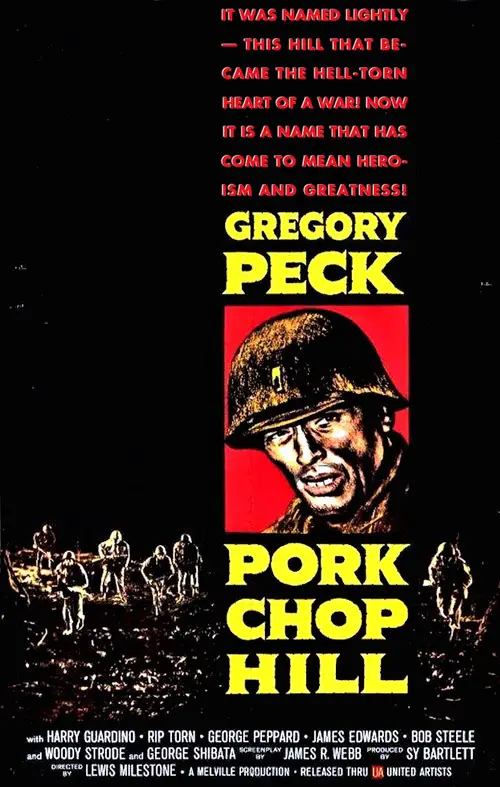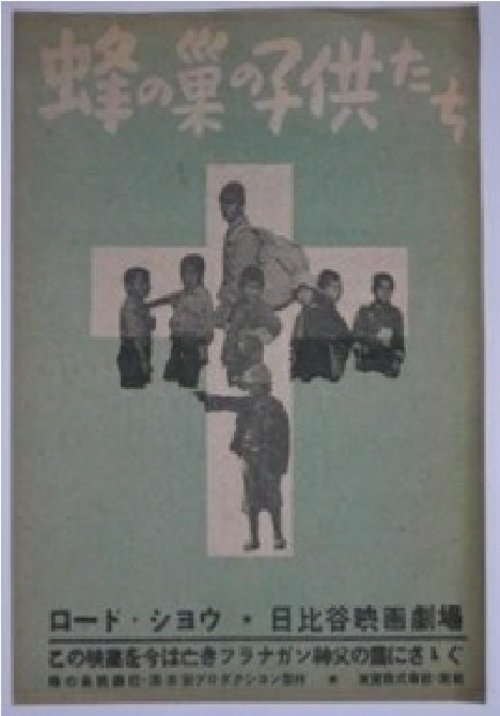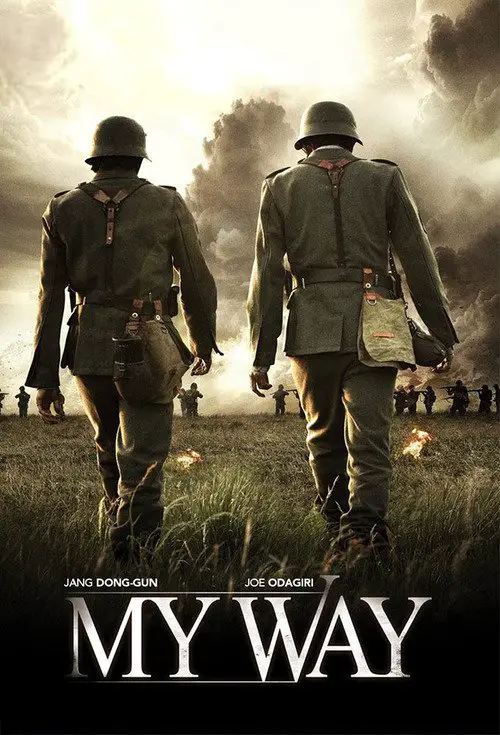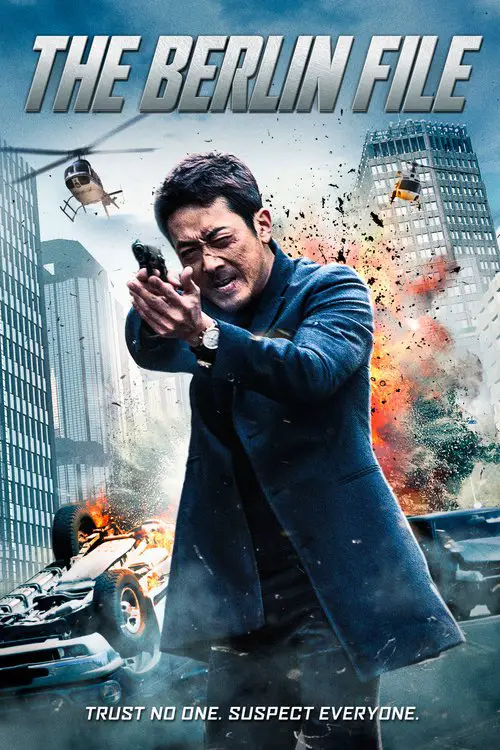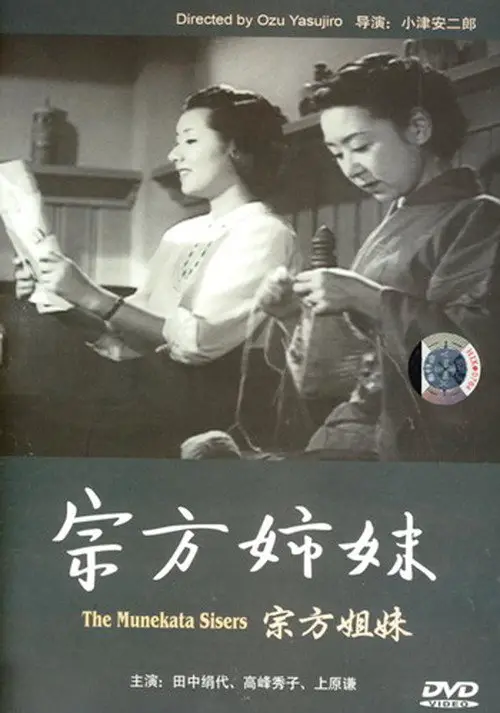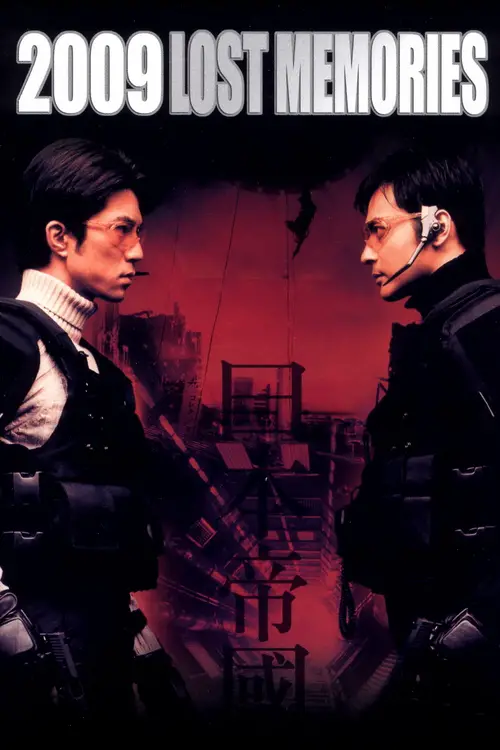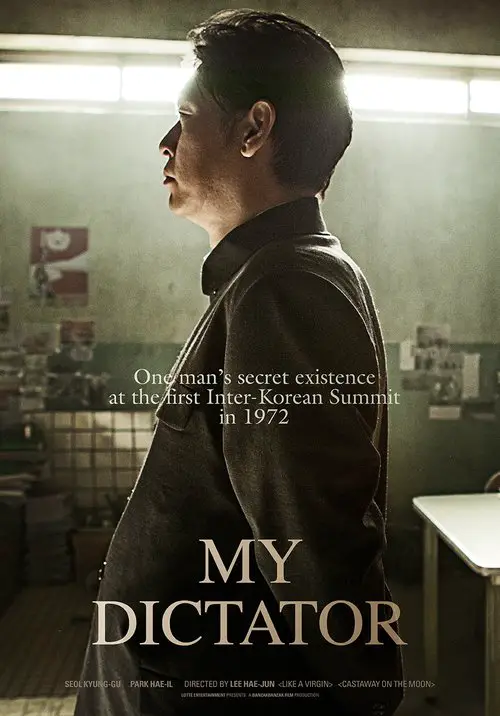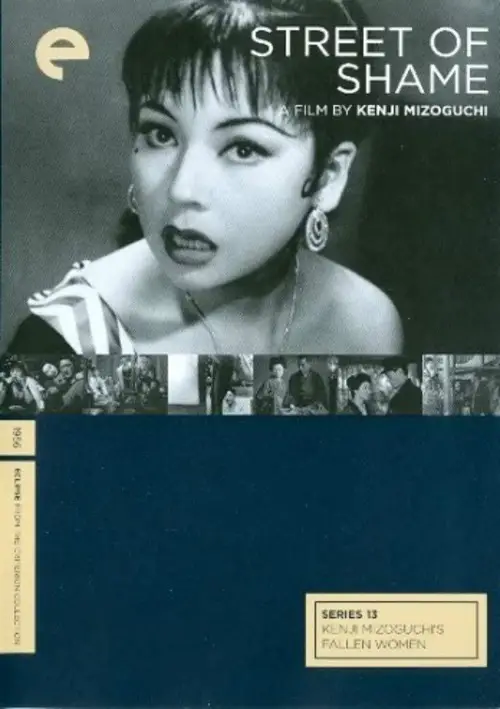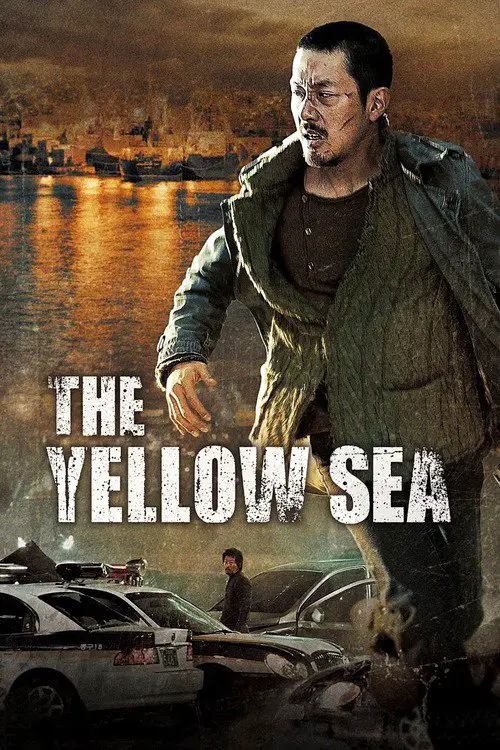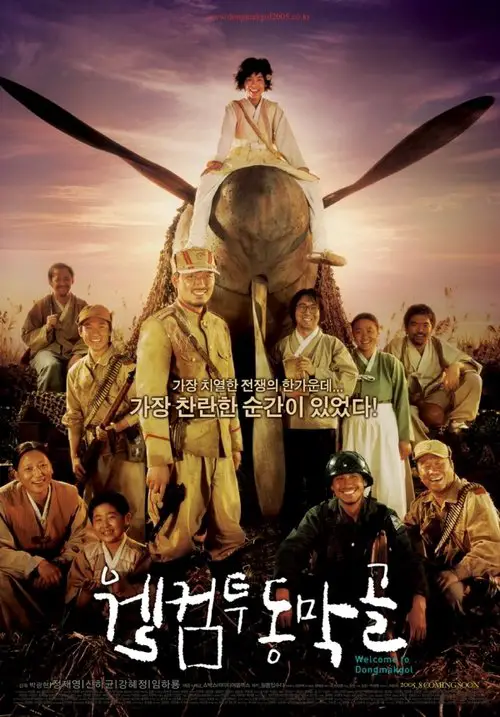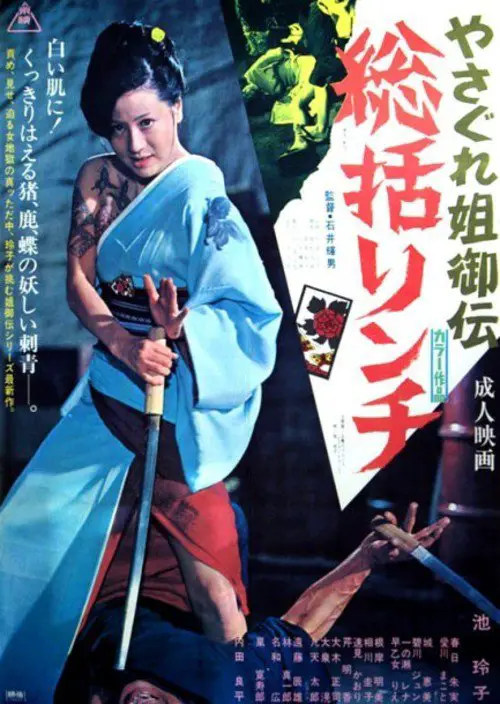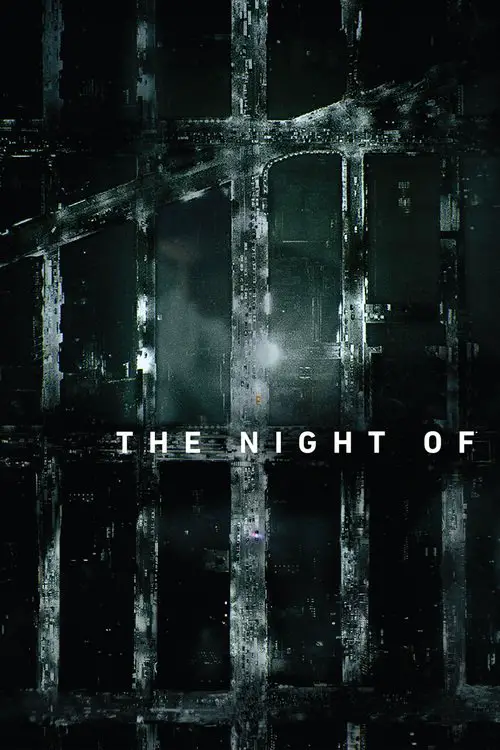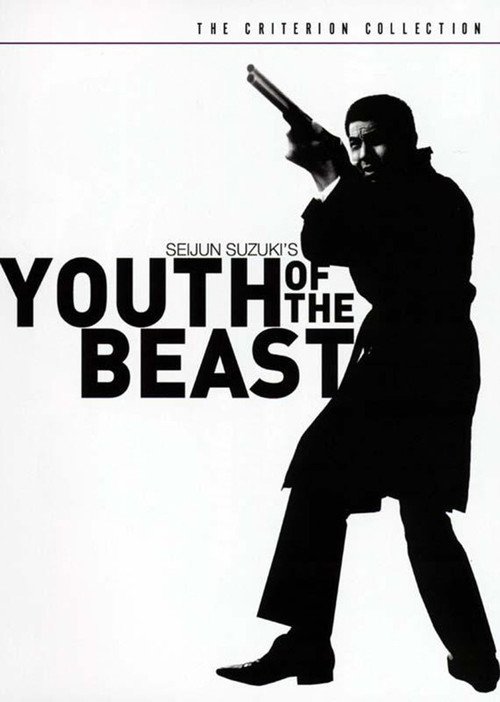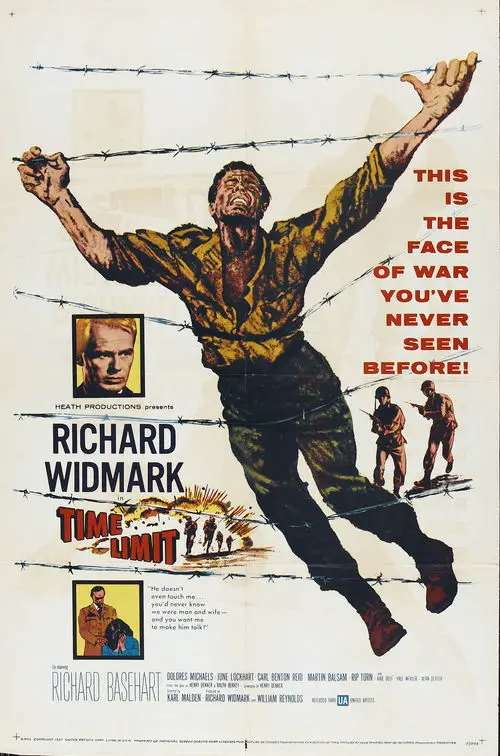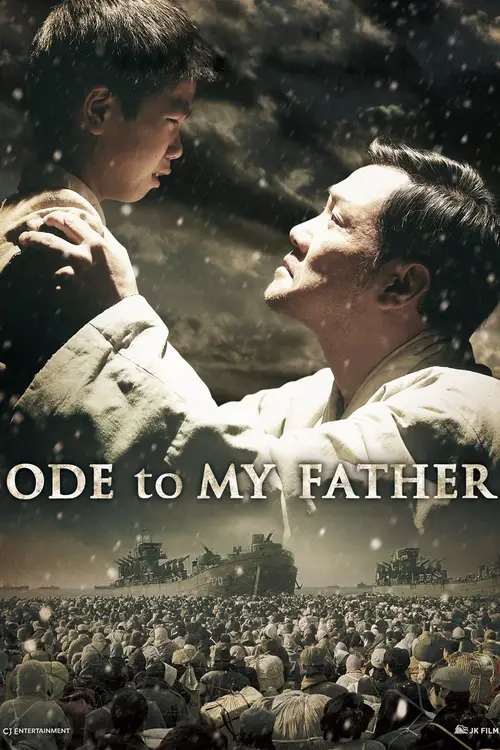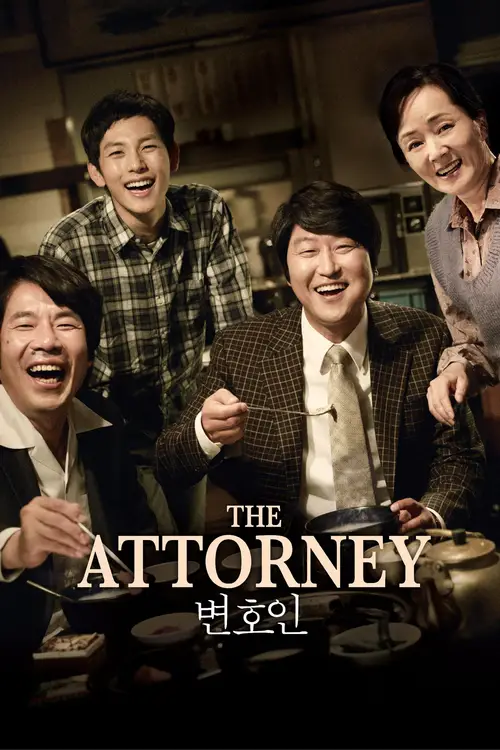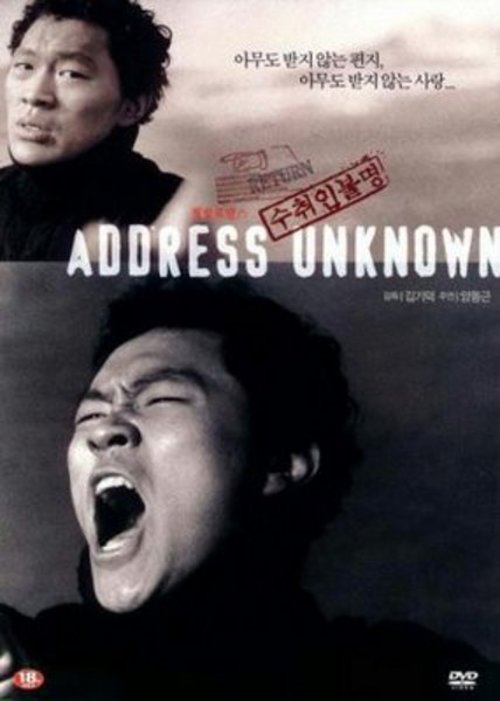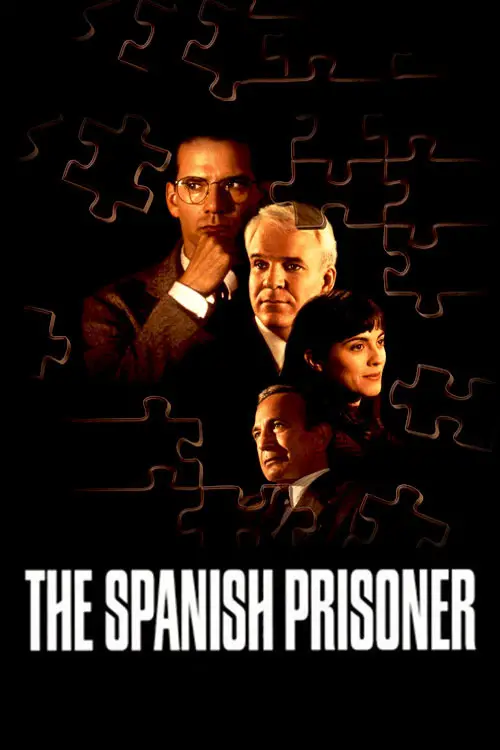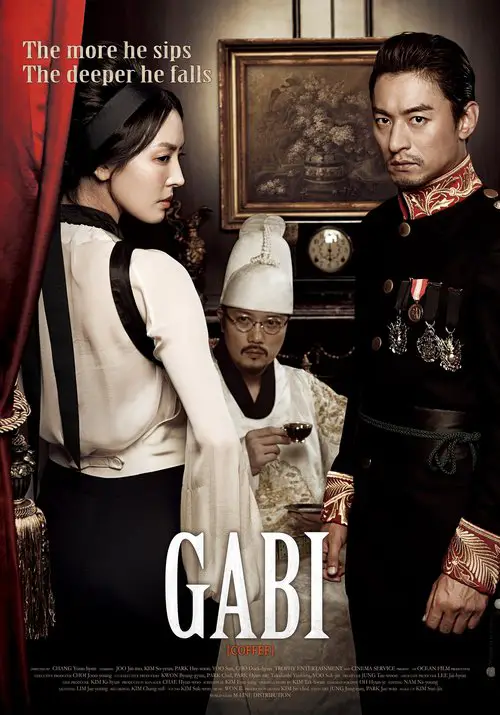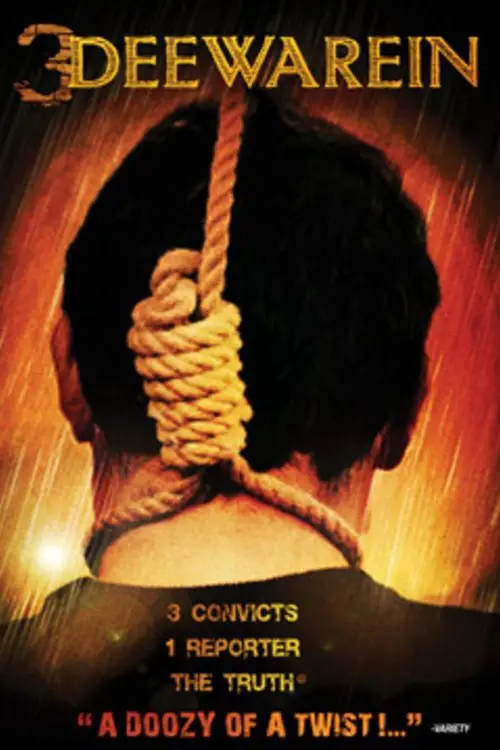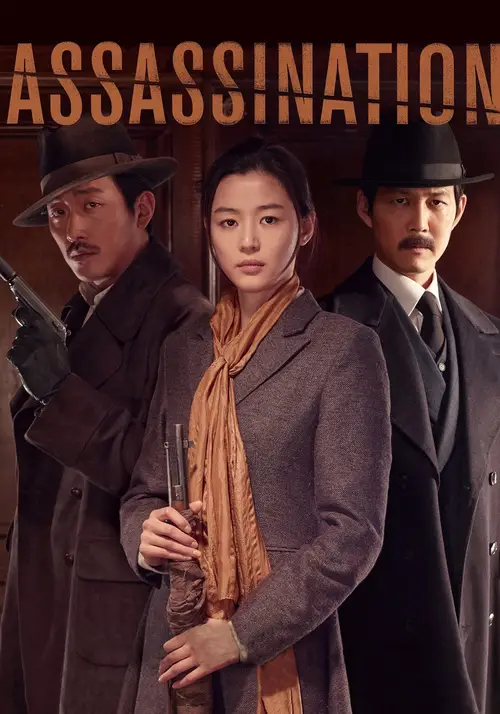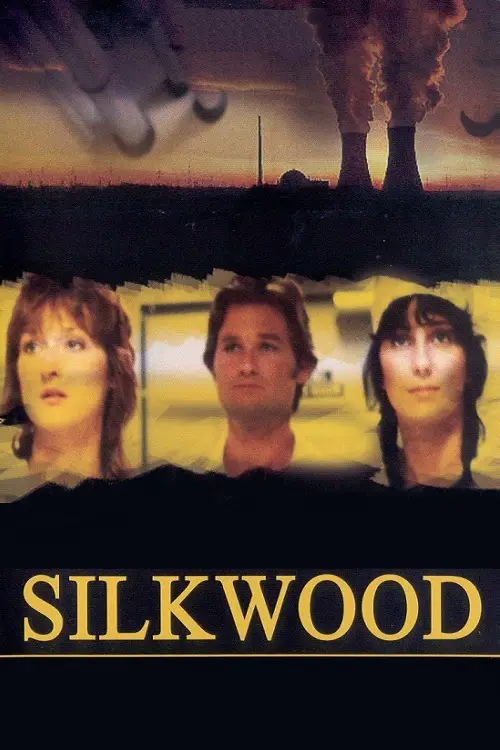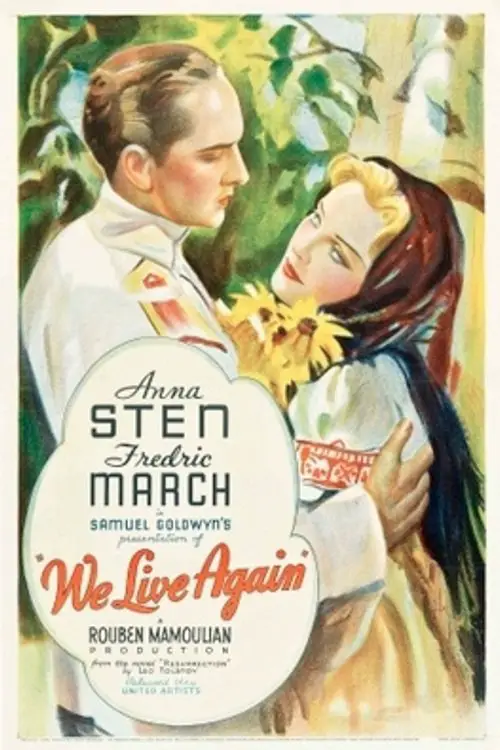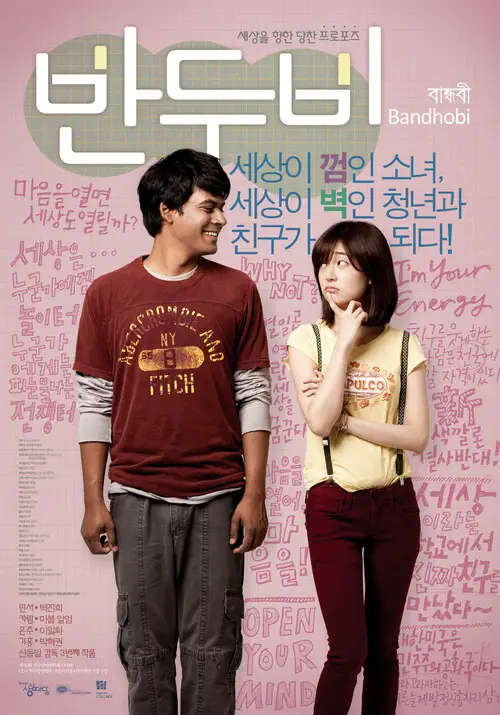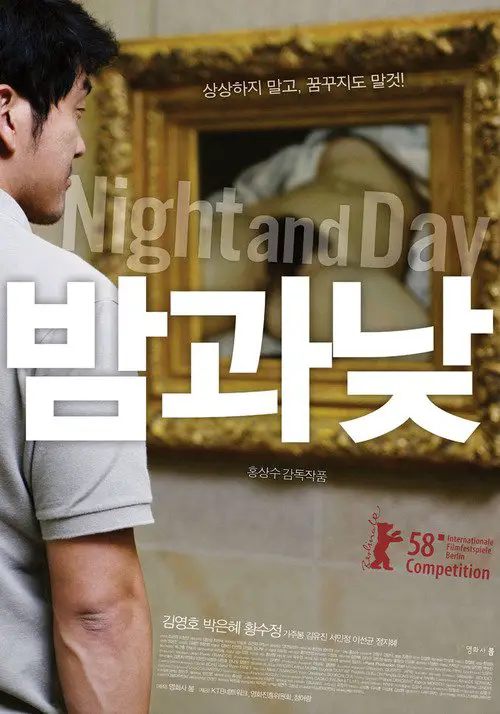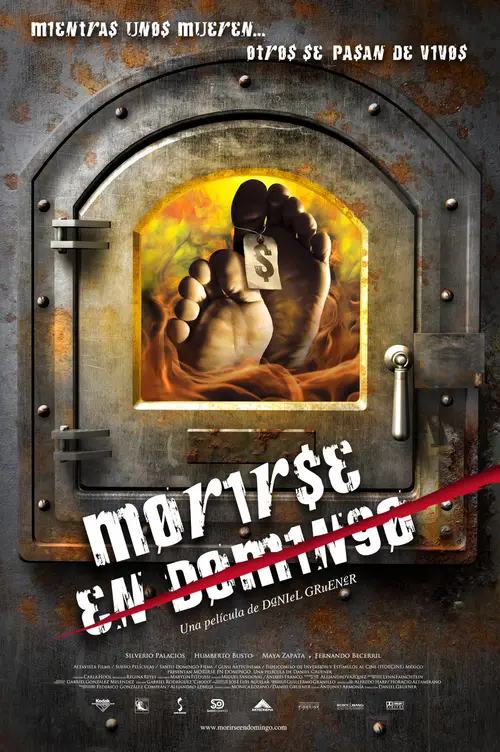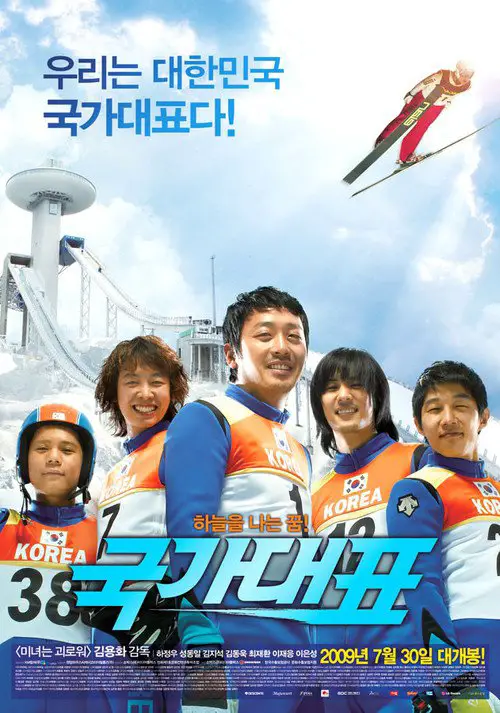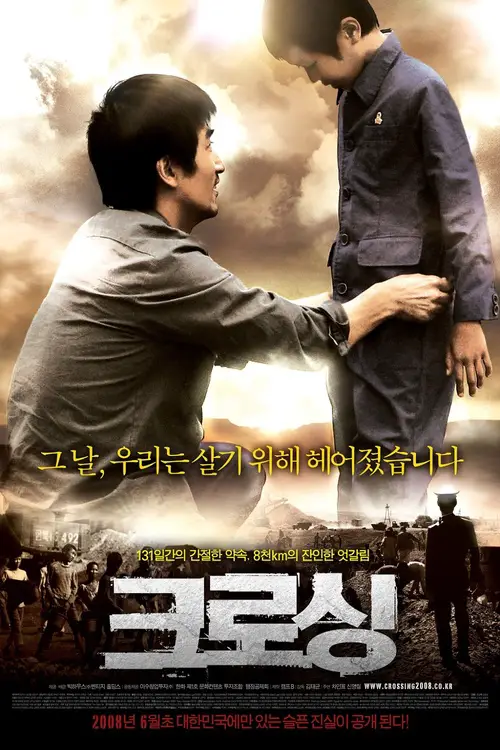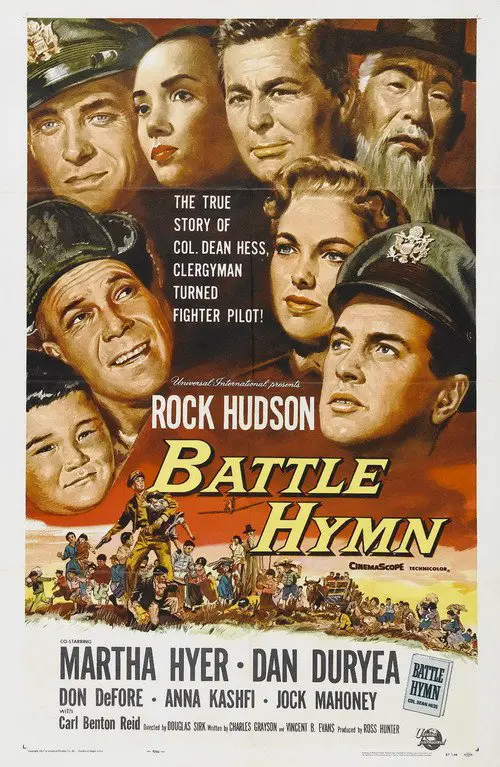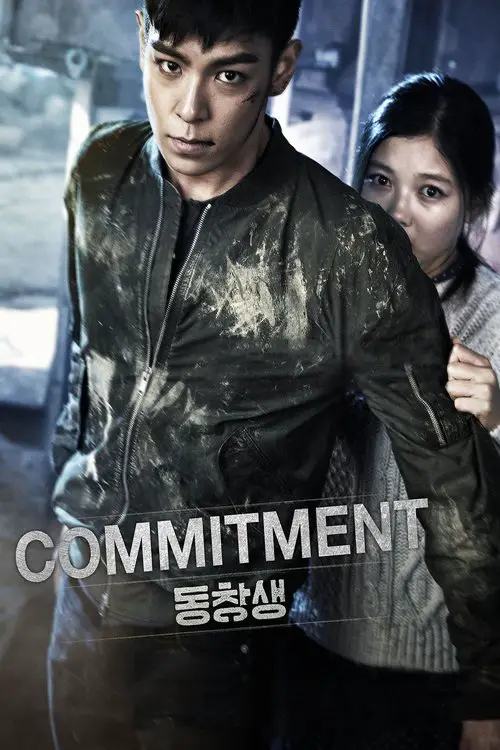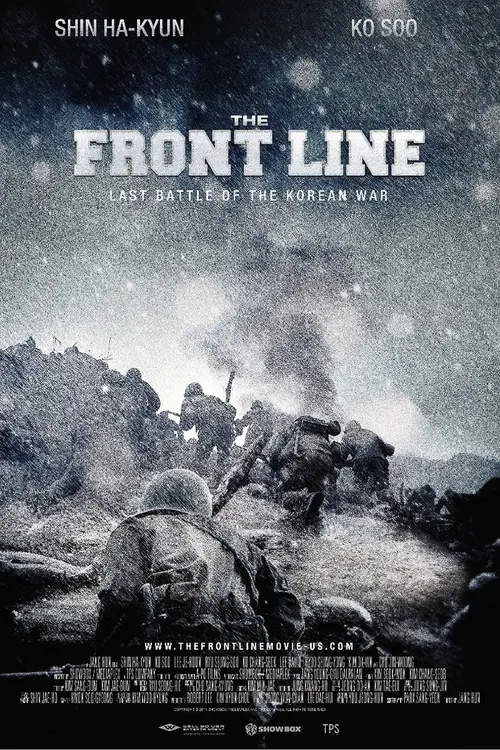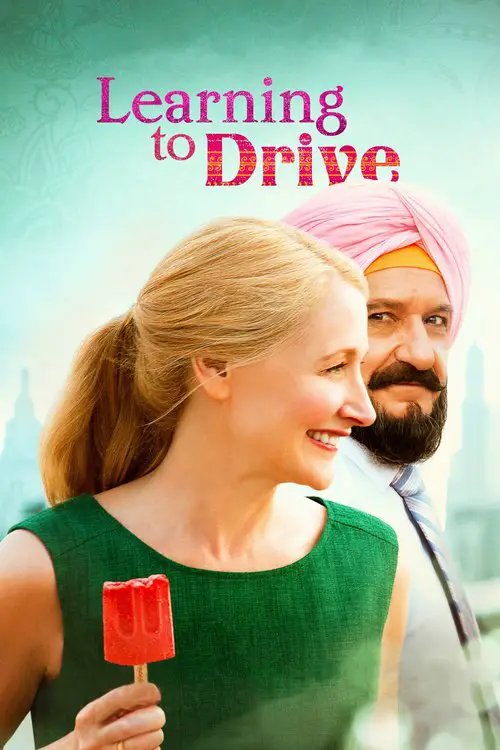Taken from Me: The Tiffany Rubin Story (2011)
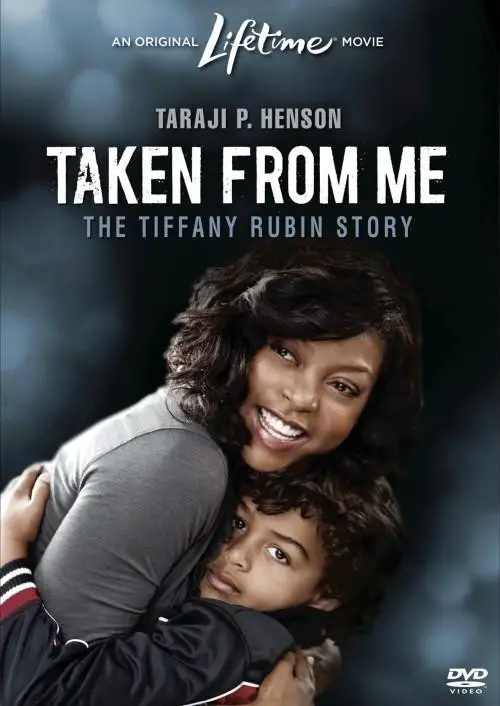
Similar movies
The story is based in Banaras and is about a Hindu Priest Chaturvedi (Pankaj Kapoor) who follows the scriptures to practice Hindu religion. When a child is abandon by a woman and brought in his house by his daughter - after initial hesitation but due to requests from his wife (Supriya Pathak) - the family adapts the child; only to know after 4 years that the child is a Muslim. The family gives away the child and Chaturvedi engulfs himself in the purification process to cleanse his body, mind and soul due to contact with a Muslim soul. By the time, Chaturvedi thinks he is fully purified â the child reappears â seeking refuge, due to Hindu- Muslim riots. This is the time Chaturvedi finally realizes that the true religion is - religion where humans help humans â humanity.
As a Labrador puppy, Quill is sent to live with a couple, Isamu and Mitsuko Nii, who work as volunteers, training guide dogs (seeing eye dogs). When he grows to an adult dog, he is taken to a guide dog school, by a friendly, yet firm trainer Satoru Tawada. Although Quill is a little slower than the other dogs at the school, he seems to have an unusual 'empathy' and remarkable patience with his trainers. Tawada decides that Quill would be the ideal guide dog for Mitsuru Watanabe, but Wanatabe, a lonely and ill-tempered middle aged man, isn't as enthusiastic - he would "would rather sleep than be dragged around by a dog.". From here, the story is narrated by Wanatabe's daughter, Mitsuko, and slowly, Wantanbe is rehabilitated, venturing into the outside world, and learning, not only to trust other humans, but the animal at his side who guides him.
Corporate billionaire Edward and working class mechanic Carter have nothing in common except for their terminal illnesses. While sharing a hospital room together, they decide to escape and do all the things they have ever wanted to do before they die according to their "bucket list". In the process, both of them heal each other, become unlikely friends, and ultimately find the joy in life.
Daikichi learns that his recently deceased grandfather has an illegitimate daughter with an unknown mother. The girl's name is Rin and she is just 6 years old. Everybody in Daikichi's family looks at the girl as an embarrassment and wants no part of her. Daikichi, annoyed by his family's attitude, decides to raise Rin by himself. Even though Daikichi himself has no experience raising a child and is still single. The movie is based on Yumi Unita's popular manga series "Usagi Drop".
Hisako loses her home in Tokyo to Allied bombing. With her husband fighting somewhere in Asia, she and her two children evacuate to a suburb of Kobe, where they share a house with Hisako's cousin, Kyoko. Kobe is bombed and Kyoko is killed. Hisako is forced to take care of Kyoko's two children in addition to her own, but there is not enough food for everyone.
Air Force Major Lloyd Gruver (Marlon Brando) is reassigned to a Japanese air base, and is confronted with US racial prejudice against the Japanese people. The issue is compounded because a number of the soldiers become romantically involved with Japanese women, in defiance of US military policy. Ordinarily an officer who is by-the-book, Gruver must take a position when a buddy of his, an enlisted man Joe Kelly (Red Buttons) falls in love with a Japanese woman Katsumi (Miyoshi Umeki) and marries her. Gruver risks his position by serving as best man at the wedding ceremony.
As Japan gears up for the 1964 Olympic games, the cops start to crack down under pressure from the public and the press, adding a new dimension in the war for power among the yakuza families of Hiroshima. Akira Kobayashi's Takeda tries to keep a lid on things, but hotheaded underlings create chaos, with one boss whacked in neutral territory, and the craven boss, Uchimoto, informing on an assassination attempt by his own minions. While the police round up hundreds of yakuza foot soldiers, Bunta Sugawara's Shozo Hirono plots to finally take out longtime nemesis, boss Yamamori.
This sensuously beautiful film chronicles the activities of four sisters who gather in Kyoto every year to view the cherry blossoms. It paints a vivid portrait of the pre-war lifestyle of the wealthy Makioka family from Osaka, and draws a parallel between their activities and the seasonal variations in Japan.
It is New Year's weekend and the friends of Peter (Fry) gather at his newly inherited country house. Ten years ago, they all acted together in a Cambridge University student comedy troupe, but it's less clear how much they have in common now.Peter's friends are Andrew (Branagh), now a writer in Hollywood; married jingle writers Roger (Laurie) and Mary (Staunton); glamorous costume designer Sarah (Emmanuel); and eccentric Maggie (Thompson), who works in publishing. Cast in sharp relief to the university chums are Carol (Rudner), the American TV star wife of Andrew; and loutish Brian (Slattery), Sarah's very recently acquired lover. Law plays Peter's disapproving housekeeper, Vera; and Lowe, her son Paul. Briers appears in a cameo role as Peter's father.
In the latter part of World War II, a boy and his sister, orphaned when their mother is killed in the firebombing of Tokyo, are left to survive on their own in what remains of civilian life in Japan. The plot follows this boy and his sister as they do their best to survive in the Japanese countryside, battling hunger, prejudice, and pride in their own quiet, personal battle.
January 16, 1995. Tsuyoshi Takahashi, a young student at Shiokaze elementary, is driven solely to get excellent grades. Because of this he often ignores those around him in his pursuit of perfection. Miho, a young girl in his class that wishes he would appreciate the people around him. Kazu a sickly and bed ridden classmate that lives near him. January 17, the 1995 Kobe / Hyogoken-Nanbu Earthquake strikes killing more than 6000 people and leaving 300 000 more homeless. Measuring 6.9 on the Richter Scale, it was the largest Earthquake to hit Japan since the Great Kanto Earthquake of 1923. In the aftermath of the quake, Tsuyoshi's finds his priorities changing. Dealing with the death of one friend while helping another to cope with a very personal loss, Tsuyoshi is forced to mature into someone who can no longer ignore the suffering around him.
In 1868, after the fall of the Shogun-dominated Japan, the new government orders people from Awaji, near Kobe, to re-locate to the northern part of Hokkaido. These people once supported the now displaced Samurais of the older days. After two years, over 500 of them settled in their new land under the leadership of Hideaki, husband of Shino. However, as crops fail he is to go to Sapporo to learn new techniques of farming, leaving his wife and daughter for 5 years. All this time, the new community is constantly watched by the government which choose to again uproot them from their new homes.
Young French journalist Ada Servier arrives in Kobe to cover the memorial ceremonies of the big earthquake from 1995. Fifteen years after the disaster the cityâs wounds have finally disappeared but the former victims continue to suffer. Among them is Kenji whose past is hiding a secret that only Ada is willing to hear...
In the DMZ separating North and South Korea, two North Korean soldiers have been killed, supposedly by one South Korean soldier. But the 11 bullets found in the bodies, together with the 5 remaining bullets in the assassin's magazine clip, amount to 16 bullets for a gun that should normally hold 15 bullets. The investigating Swiss/Swedish team from the neutral countries overseeing the DMZ suspects that another, unknown party was involved - all of which points to some sort of cover up. The truth is much simpler and much more tragic.
In Korea, on 6 September 1950, Lieutenant Benson's platoon finds itself isolated in enemy-held territory after a retreat. Soon they are joined by Sergeant Montana, whose overriding concern is caring for his catatonic colonel. Benson and Montana can't stand each other, but together they must get the survivors to Hill 465, where they hope the division is waiting. It's a long, harrowing march, fraught with all the dangers the elusive enemy can summon.
North Korea's 8th Special Forces hijacks a shipment of CTX, a potent new liquid explosive, and threatens South Korea as part of a plot to re-unify the two countries.Ryu and Lee, special agents of O.P., South Korea's secret intelligence service, attempt to track down the terrorists and find the CTX. Meanwhile Hee, the 8th's ultra-bad female sniper, resurfaces to wreak havoc and haunt Ryu.
The film is a series of vignettes from Taiji Tonoyama's life and film clips, interspersed with a dialogue to camera by Nobuko Otowa, addressing the camera as if she is addressing Tonoyama himself, recollecting events in his life. The film focuses on Tonoyama's alcohol dependence and his various sexual relationships, as well as his film work with Shindo.
The movie focuses on the plight of ten war orphans hailing from different cities across Japan. With nowhere to go, they scavenge around train stations, scratching out an existence by means of black market work for a one-legged tramp whilst avoiding being picked up by the police for vagrancy. Soon however, they find a more inspiring role model in the figure of a nameless soldier just repatriated after the war. An orphan himself, the soldier also has no home to return to, and so sets out across the country with the kids in tow in search of work before settling on the goal of leading them to the orphanage where he himself grew up.
Inspired by a true story. Jun Shik works for Tatsuo's grandfather's farm while Korea is colonized by Japan, but he has a dream to participate in Tokyo Olympics as a marathon runner. Tatsuo also aims to become a marathon runner, so the two are in rivalry. But war breaks out and they both are forced to enlist in the army. Tatsuo becomes the head of defense in Jun Shik's unit and he devises a scheme but fails. Jun Shik and Tatsuo are captured by the Soviets. They run away but soon are captured by Germans and forced to separate. In 1944, they meet again at the shores of Normandy.
One of the world's most acclaimed comedies, MASH focuses on three Korean War Army surgeons brilliantly brought to life by Donald Sutherland, Tom Skerritt and Elliott Gould. Though highly skilled and deeply dedicated, they adopt a hilarious, lunatic lifestyle as an antidote to the tragedies of their Mobile Army Surgical Hospital, and in the process infuriate Army bureaucrats. Robert Duvall, Gary Burghoff and Sally Kellerman co-star as a sanctimonious Major, an other-worldly Corporal, and a self-righteous yet lusty nurse.
Out of work TV cameraman Ron Kobelski is approached by his formerly reclusive neighbor Walter Ohlinger. Ohlinger claims that he was the mysterious "second gunman" that shot and killed President Kennedy. Ohlinger has kept quiet all these years, but has decided to tell his story now that he has been diagnosed with terminal cancer. Kobelski is skeptical of his neighbor's story, after his investigations provide ambiguous answers. His attitude changes, however, after he receives threatening messages on his answering machine, and spots shadowy figures in his backyard. Is Ohlinger telling the truth? Or is there a bigger conspiracy at work?
JUNG Jin-soo, a South Korean intelligence agent, comes across an unidentifiable operative, a 'ghost,' while surveilling a North Korean weapons deal in Berlin. The mystery figure is a North Korean secret agent, PYO Jong-seong, whose information cannot be found on any intelligence database. Jung quickly goes after Pyo to unveil his identity and gets himself embroiled in a vast international conspiracy. In the meanwhile, another North Korean operative, DONG Myung-soo, is dispatched to Berlin with a secret agenda to purge Pyo and take control of the North Korean embassy. Dong sets a trap to frame Pyo's wife, RYUN Jung-hee, for treason and tightens the noose around Pyo's neck. Pyo surveils his wife with hopes of clearing accusation against her but he plunges into deeper confusion when he discovers her secret.
Setsuko is unhappily to Mimura, an engineer with no job and a bad drinking habit. She had always been in love with Hiroshi but both of them failed to propose when Hiroshi left for France a few years ago. Now he is back and Mariko (Setsuko's sister) tries to reunite them. She too is secretly in love with Hiroshi.
There are breakpoints in the history, the result of a single event may change the whole course. In 1909, an assassination attempt of a Japanese governor fails. Now, in 2009, Korea is just another state of Japan's Empire & Seoul has become a major city. A Korean resistance group fights for liberty, independence & the restoration of true history. Two cops, Japanese & Korean, investigate the group.
Sung-geun is an untalented actor who makes a living playing minor roles. He happens to land on the role as Kim Il-sung, the former leader of North Korea, for the rehearsal of the South-North Korea Summit. Sung-geun becomes passionately immersed in his role, motivated by his son who looks up to him. However, the summit is not realized, and Sung-geun ends up lost in the delusion that he really is Kim Il-sung.
Akasen Chitai [Red Light District, aka Street of Shame] sadly, the very last film by Kenji Mizoguchi (Sansho Dayu, Ugetsu Monogatari) presents a vivid portrait of prostitution in 1950s Japan. In a Tokyo brothel named Dreamland an obvious irony given the faded hopes of those who work there the lives of five prostitutes intersect. Each has a very different story for how they entered the profession, but what they share is the struggle to make sense of the red light district and its cycle of exploitation. Filmed shortly before the Japanese government's introduction of an anti-prostitution bill, Akasen Chitai is a compelling study of women torn between financial necessity and questions of conscience.
The region where the borders of North Korea, China, and Russia come together, forms a sort of modern day wild west, where more than half of the population relies on illegal activity in order to survive. In Yanbian, on the Chinese side of the border, Gu-nam (Ha Jung-woo) wiles away his days driving a cab, and spends his nights getting drunk and gambling, and losing horribly. In fact heâs so bad at mahjong that he has built up a sizeable debt to some small-scale hoods. His wife went to Seoul to work and send back money, but itâs been months since he has heard from her, and heâs tortured by visions of her wild, passionate, imagined affairs. So heâs broke and crazy and unraveling at the seams. When local crime lord Myun (Kim Yun-seok) offers to erase Gu-namâs debt in exchange for a contract killing in Seoul, Gu-nam, at the end of his rope, reluctantly accepts.
Military investigator Colonel Edwards is assigned a case involving Major Cargill, a Korean War POW who is accused of treason. Although Cargill admits his guilt and Edwards' superiors are impatiently pushing Edwards to move this case to court martial, Edwards becomes convinced of Cargill's innocence.
An older Nopporn looks at a simple painting and recollects the story behind it. As a young student in Japan, he once met and fell in love with Keerati, who was unhappily married to an older man, on the couple's honeymoon. He swore eternal love to her, yet she cautioned him against it because she was much older than he was.
Amid the chaos of refugees fleeing the Korean War in December 1950, a young boy, Duk-soo, sees his fate change in the blink of an eye when he loses track of his younger sister and he leaves his father behind to find her. Settling at Gukje Market in Busan, Duk-soo devotes himself to his remaining family, working all manner of odd jobs to support them in place of his father. His dedication leads him first to the deadly coal mines of Germany, where he meets his first love, Youngja, and then to war-torn Vietnam in this powerful generational epic about one manâs personal sacrifices.
On 31 January 1968, 31 North Korean commandos infiltrated South Korea in a failed mission to assassinate President Park Chung-hee. In revenge, the South Korean military assembled a team of 31 criminals on the island of Silmido to kill Kim Il-sung for a suicide mission to redeem their honor, but was cancelled, leaving them frustrated. It is loosely based on a military uprising in the 1970s.
In the early 1980s, South Korea is torn by student protests over the lack of representation in the government. Song Woo-Seok is a successful attorney in Busan specializing in tax law. His views regarding civil liberties are changed by student activist Park Jin-woo. When Jin-Woo is brutally tortured and put on trial for his activism, Woo-seok decides to defend Jin-woo as his client.
Romances end in blood and the frail hopes of individuals are torn apart in a vile karmic continuity of colonialism, civil war and occupation. After surviving Japanese colonization, Korea became the first war zone of the Cold War. The legacy of war remains today in this divided country. Three forlorn teenagers, Chank-guk, Jihum and Eunok are figures in the landscape of this story, which highlights the global implications of a very Korean reality. None of them is able to escape the withering pull of tragedy. All desperate pleas for love and redemption are returned stamped in red with "Address Unknown".
A woman named Seo Ji-Woo (Im Soo-Jung) traveled to India and met her first true love Kim Jong-Ok. Since that time Ji-Woo can't forget her first love. She then turns the company "첫ì¬ë 찾기 주ìíì¬" - which means literally "Finding Your First True Love Company" to help track down Kim Jong-Ok. Han Gi-Joon (Gong Yoo) started "Finding Your First True Love Company" and he takes on Seo Ji-Woo is the company's first client. The pair travel all over Korea to find Seo Ji-Woo's first love and & in the process Han Gi-Joon falls in love with his first client ...
Three men are on death row. Jaggu (Jackie Shroff), a lawyer and a poet, is serving a sentence for murdering his wife because she was cheating on him with another man. Nagya (Nagesh Kukunoor), a man angry with the whole world, is arrested for murdering his wife too, but he claims that it was an accident where she falls off the sidewalk while they were talking. Ishaan (Naseeruddin Shah), a happy-go-lucky man, is also arrested for murder that he commits while in the act of robbery. The prison's custodian is Mohan (Gulshan Grover), who attempts several methods to reform the prison's inmates. A documentary filmmaker, Chandrika (Juhi Chawla) comes to the jail to set a film about these three men. In the process, she finds redemption to her troubled marriage.
Min-Seo, a 17-year old rebellious high school Korean girl, lives in a small apartment with her mother and her motherâs penniless lover. She hates her motherâs lover and doesnât understand both of them. Karim, a 29-year old Muslim migrant worker from Bangladesh has to leave Korea in a month. Before departing, he is desperately searching for his ex-boss to get his unpaid salary. One day, as Min-Seoâs summer vacation begins, Karim encounters Min-Seo on a bus, and together they set out on an emotional journey.
Young Park Seol-Hee is eagerly planning her wedding to a young anti-Communist activist when the North Koreans invade. Her fiancé is forced to flee, leaving her behind with her family in their tiny, rural South Korean village. Rather than resist the North Korean regiment that comes to occupy the area, the townspeople (to Seol-Hee's dismay) decide to cooperate with them in order to ensure their own survival. The North Koreans, however, turn out not to be all that Seol-Hee expected. She soon realizes that there is a history between her family and that of the regiment's leader, Lieutenant Kim Jeong-woong. In between the hilarious day to day antics of Seol-Hee's eccentric family and the hard realities of war, the attachment between Seol-Hee and Jeong-woong grows. As the occupation continues, Jeong-woong becomes torn between trying to follow the increasingly harsh orders from his general and protecting the people that he has come to love and care for so much.
Julio Salas dies after a long illness, but it is Sunday and due to financial difficulties, his family is forced to contract the services of a modest funeral home, whose owner having taken charge of the corpse, sells it to the University. The nephew learns of the deal and demands that his uncle s body end up in the cremation oven, falling in love with the funeral owner s daughter in the process. This story about a corpse that cannot find peace, is handled in accordance with the canons of black comedy over which the director displays a skillful mastery, provoking, with the aid of some excellent actors, grotesquely hilarious situations.
Yong-soo is an ex-soccer player who lives in a small coal-mine village in North Korea with his wife and young son, Joon. Although living in extreme poverty like many other families in North Korea, the family is happy just to be with each other. Then one day, Yong-soo's pregnant wife becomes critically ill. Let alone medicine, Yong-soo can't even find food for her in North Korea. So he decides to secretly cross the border to China hoping to find the medicine for his wife.
Battle Hymn was inspired by the true story of American minister Dean Hess, played here with rare sensitivity by Rock Hudson. A bomber pilot during World War II, Hess inadvertently releases a bomb which destroys a German orphanage. Tortured by guilt, Hess relocates in Korea after the war to offer his services as a missionary. Combining the best elements of Christianity and Eastern spiritualism, Hess establishes a large home for orphans. The preacher's efforts are threatened when the Korean "police action" breaks out in 1950. Battle Hymn was one of several collaborations between Rock Hudson and director Douglas Sirk--though Sirk felt that Robert Stack would have been better suited to the role of Rev. Hess.
The son of a North Korean spy decides to follow in his father's footsteps to protect his little sister. After his fatherâs botched espionage mission, North Korean Myung-hoon and his young sister Hye-in are sent to a labor prison camp. In order to save his sisterâs life, Myung-hoon volunteers to become a spy and infiltrates the South as a teenage defector. While attending high school in the South, he meets another girl named Hye-in, and rescues her when she comes under attack. South Korean Intelligence soon discover Myung-hoonâs activities and begin tracking him, all the while his own government sends a vicious assassin to eliminate him.
In 1951 ceasefire is declared, but two remaining armies fought their final battle on the front line Towards the end of the Korean War, a South Korean battalion is fiercely battling over a hill on the front line border against the North in order to capture a strategic point that would determine the new border between two nations. The ownership of this small patch of land would swap multiple times each day. Kang is dispatched to the front line in order to investigate the tacit case thatâs been happening there. But he gets spiraled into the war thatâs more terrifying than death itself when he meets his friend Kim, who has transformed into a war machine, and his unit. As the countdown for ceasefire begins, both sides become more vicious, resulting in deaths of countless lives until the last man could claim the land.
© Valossa 2015–2026
| Privacy Policy
